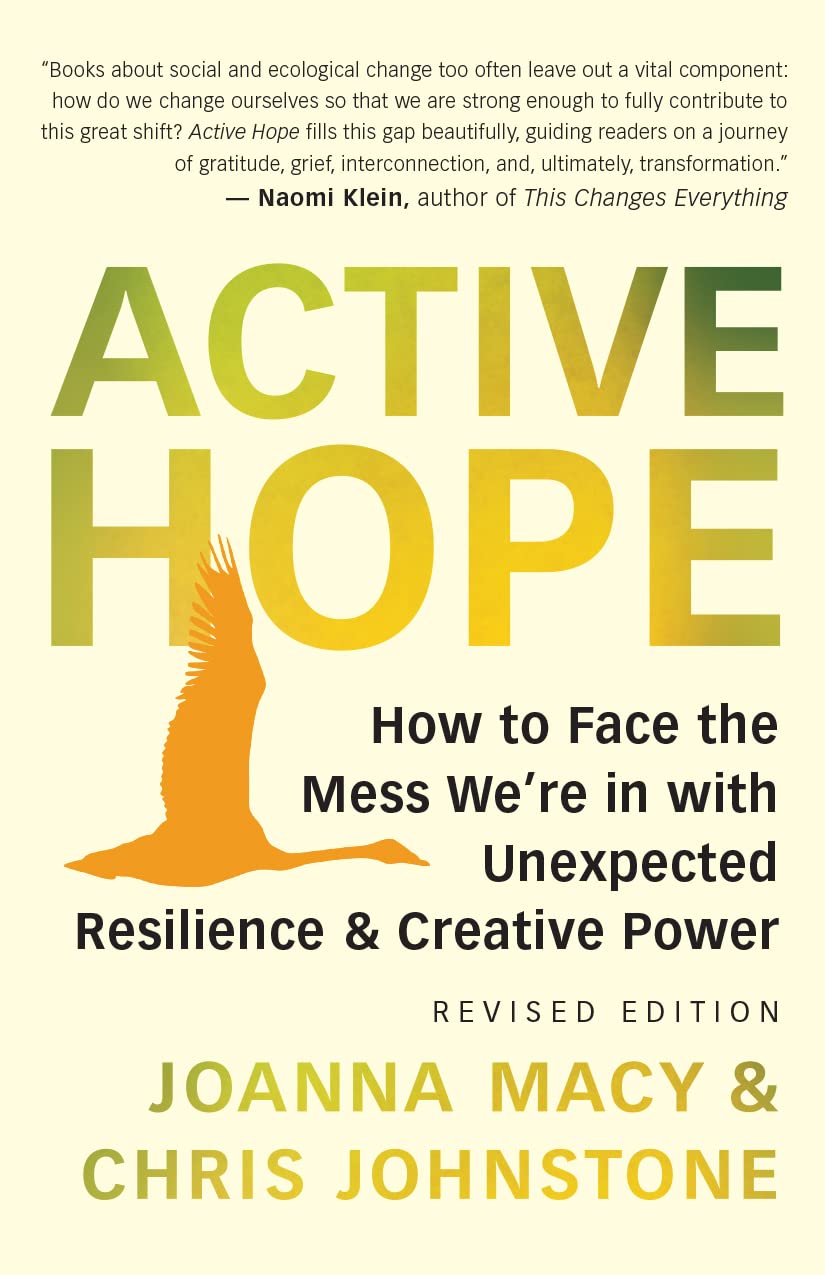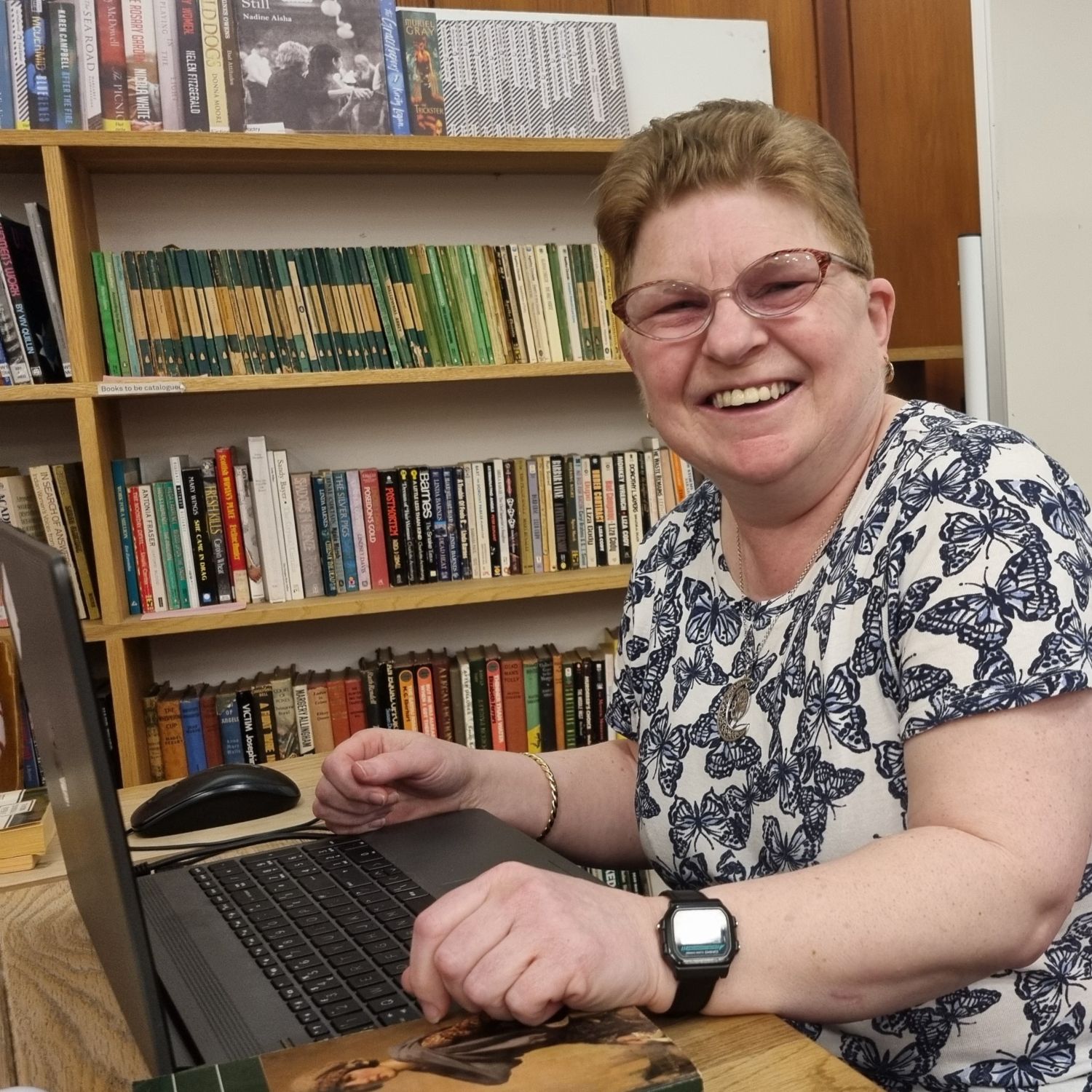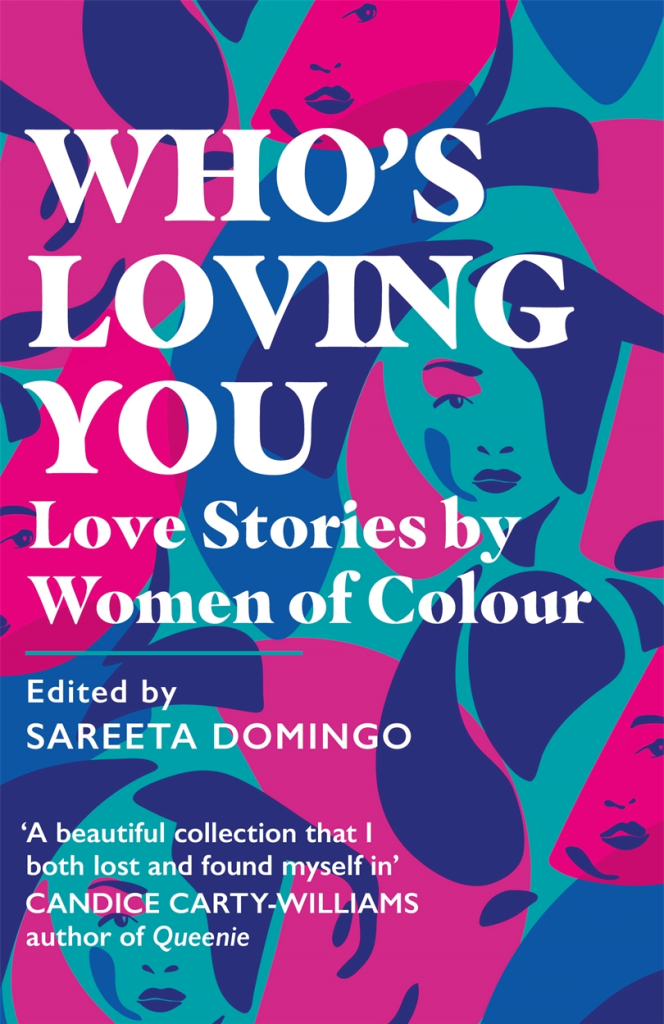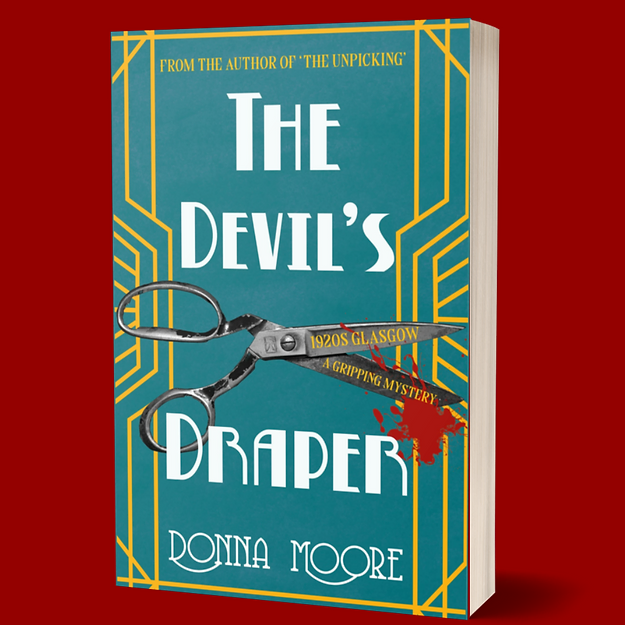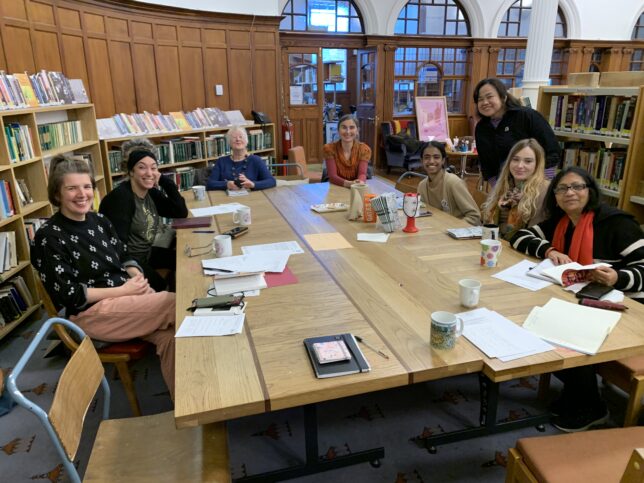For the past few months, placement student Katie Fannin has been carrying out a research placement in the GWL archives as part of the Applied Gender Studies Masters at the University of Strathclyde, curating the Women’s Words exhibition during her time with us. As her project working on Women’s Words comes to an end, Katie reflects on the three key themes which run throughout the exhibition and this year’s Open the Door festival – Celebrate, Protest, and Support – in a series of blog posts. Katie will be shining a spotlight on some of her favourite exhibits which perfectly capture the essence of these themes and showcase the vast range of women’s words that can be found in the GWL collections.
This blog focuses on the second theme of the Open the Door festival – Protest. When doing research for this exhibition in the archives, I came across multiple forms of protest writing. Manifestos, placards, poetry, songs, zines, political books, academic papers and more have all been used as ways of amplifying women’s voices and fighting against injustice and inequality.
The authors celebrated at this year’s literary festival often included important political themes in their work. Naomi Mitchison in particular dedicated much of her life to fighting for causes she believed in. She was a committed feminist, socialist and anti-fascist, and her frustration at the restrictions imposed on women’s lives is clear in her work. Her 1935 novel We Have Been Warned, which examined feminism, socialism, sex and abortion, was initially rejected due to its supposedly “controversial” themes, and was only published after being heavily censored. Beyond writing, Naomi became actively involved in many political campaigns. She vocally advocated for women’s rights, specifically in relation to birth control, and was on the founding council of the North Kensington Women’s Welfare Centre. She also travelled across the world to support socialist movements. Naomi continued her activism throughout her later years, even travelling to Greenham Common in 1984 at the age of 87 to join the women’s peace protests there.
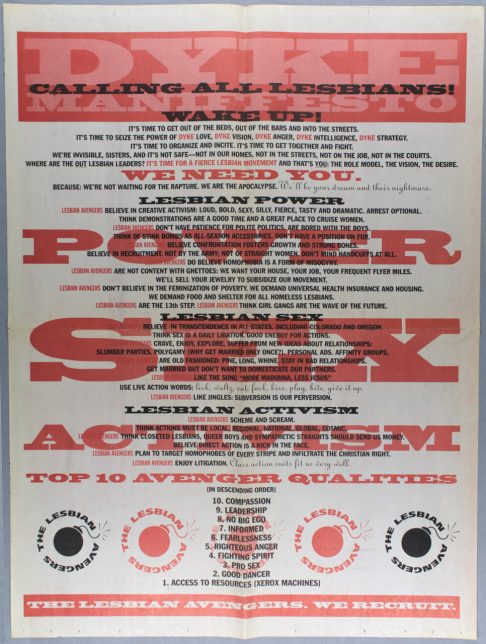
The exhibition showcases a number of examples of political writing. The Lesbian Manifesto is a powerful piece of protest writing, created by The Lesbian Avengers as part of the fight against homophobia in the USA and their campaign for lesbian visibility. The group began with six members in New York in 1992, but quickly grew into a global intersectional lesbian activist group – a Glasgow chapter was formed in 1995. Their manifesto calls for ‘a fierce lesbian movement’, encouraging lesbians to ‘organize and incite’ and ‘get together and fight’. Looking back at manifestos from the past such as this one gives us an important insight into political and social moods. They have played a vital role in feminist activism, providing a powerful vehicle for women’s words to challenge patriarchal systems and forge visions of feminist, emancipatory futures.
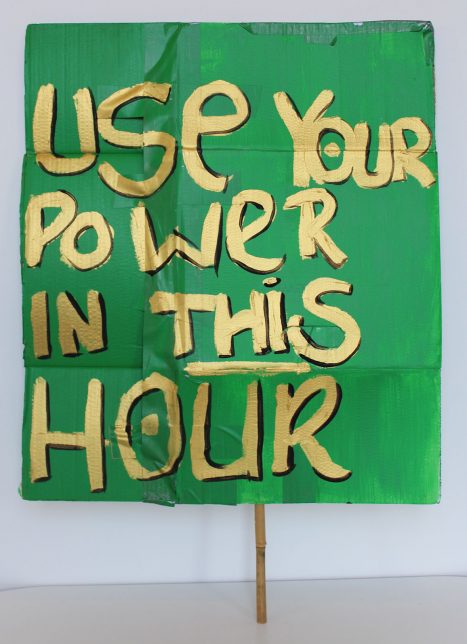
Zines are another form of protest writing that I find particularly interesting. Emerging first as ‘fan magazines’ in the 1930s, they have since grown into a hugely popular medium for challenging mainstream ideas and providing a platform for different narratives. Although many have shared characteristics, there is no formal definition of a zine, so they can be based around any topic you can think of. The zine collection at GWL documents hundreds of these women’s words on everything from activism to music and from mental health to feminism. They are also typically self-published or published by an independent publisher, presenting an alternative to the commodified world of mainstream media. Zines became an important part in the subversive riot grrrl movement of the 1990s, which developed a zine culture of its own as a means of challenging sexism in punk and forging solidarity. Since then, zines continue to be used as a community-building tool, sharing personal experiences and exploring alternative political ideas.

The importance of alternative forms of writing and publishing in amplifying multiple, complex narratives remains pertinent. Creating space for people to write beyond literary norms is a key part of protest writing, as it allows us to hear from different voices and experience multiple interpretations, beyond the restrictions of mainstream media. The history of women’s words is a history that is inherently political, and the items in this exhibition show that women’s words continue to be vital in furthering feminist movements and building feminist solidarity.
With thanks to GWL volunteer Giovanna MacKenna for her extensive research on Naomi Mitchison, Janet Paisley and Agnes Owens
Open the Door 2019 will take place on Friday 17th and Saturday 18th of May. You can see the Women’s Words exhibition during the library’s opening hours until the 1st of June.

